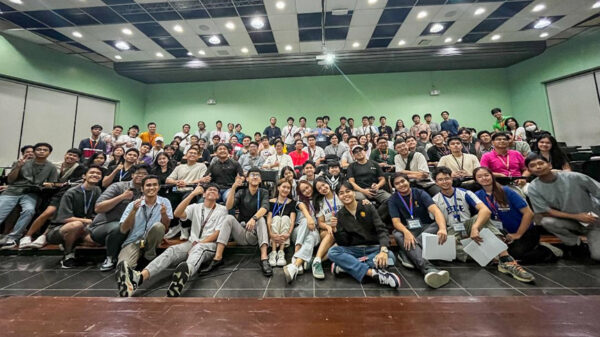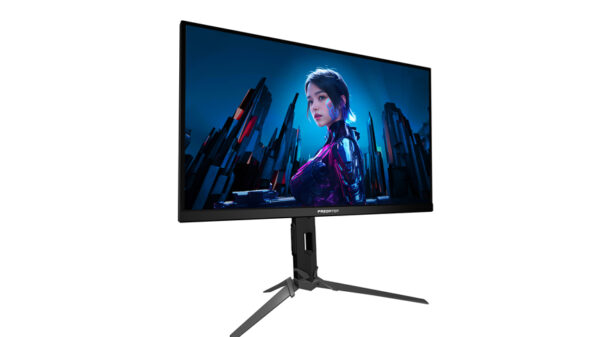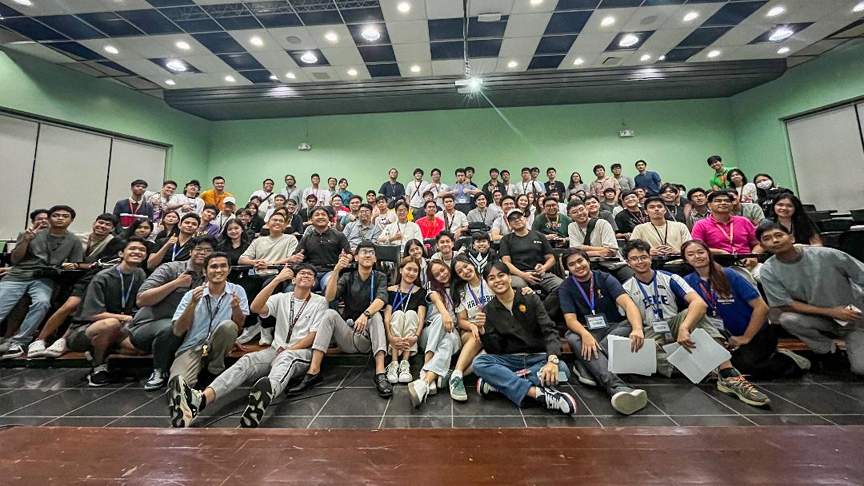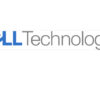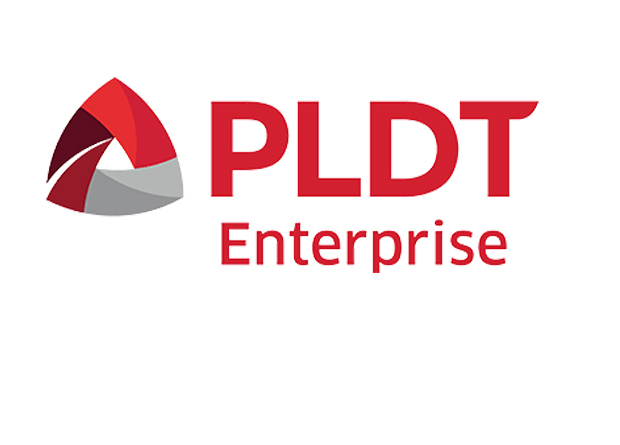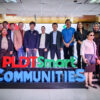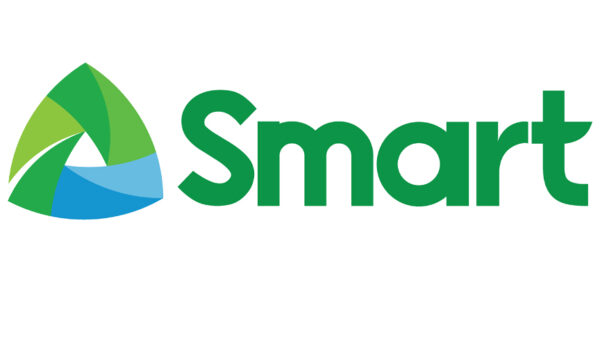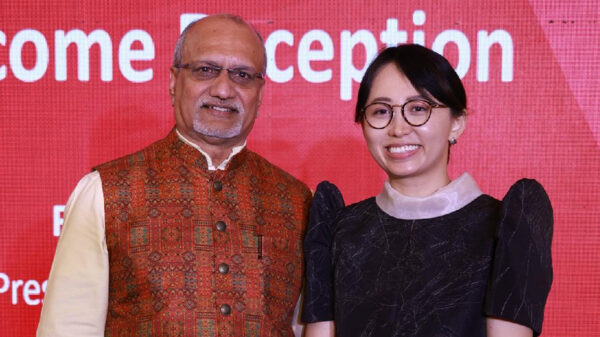Despite the growing focus on blockchain in the Philippines, gaps persist in students’ understanding and practical application of the technology, according to Filipino-led edutech firm Bitskwela.
To address these challenges, Bitskwela launched the Blockchain Student Alliance (BSA) to provide students with hands-on experience and knowledge on the fundamentals of blockchain technology, its real-life applications, and cryptocurrencies in the digital economy.
Backed by Sonic Labs, a rising leader in blockchain innovation, the program equips students with practical skills through Sonic University, an educational initiative designed to simplify blockchain concepts and make them accessible to developers and users. Its goal is to empower individuals to explore opportunities and build careers in the growing blockchain industry.
The BSA, led by its head Andrea Pilapil and Bitskwela CEO Jiro Reyes, conducted workshops for more than 500 students in various universities, including Mapua University in Intramuros, Manila Central University, Tangos National High School, University of Southeastern Philippines, and University of the Cordilleras from October to November 2024.
“While students showed increasing curiosity and enthusiasm about blockchain, many still lack the hands-on experience needed to fully understand its tools and practical use cases. Blockchain education is often confined to conceptual knowledge, and there’s a pressing need to bridge that gap with practical and project-based learning,” Pilapil said.
One of the key challenges, according to Pilapil, is educating non-tech students about blockchain’s potential. “Blockchain is often limited to tech students, while non-tech students miss out on the wider potential of blockchain applications, such as its use in fields like supply chains, healthcare, and even voting systems,” said Pilapil.
Hermoso Tupas Jr, an instructor from the University of Southeastern Philippines, echoed the statement and emphasized the importance of educating students about blockchain, “It is crucial as students are the innovators of tomorrow. Blockchain’s relevance grows daily, and fostering awareness of its potential use cases should be introduced to students, empowering them to become advocates for its application.”
According to Pilapil, universities need to integrate blockchain education into their curricula, particularly through interdisciplinary approaches.
“Learning this technology can be better integrated through introductory courses in fields like business, economics, and computer science, along with practical, project-based learning to help students gain hands-on experience in building blockchain solutions. Interdisciplinary programs should also explore its use in industries such as healthcare, finance, and supply chain,” Pilapil said.
Bitskwela sees promising potential for expanding blockchain-related programs in universities, including creating research and innovation hubs, hosting blockchain hackathons and competitions, and integrating blockchain modules into non-tech programs to showcase their real-world applications and create opportunities for students across various fields.
The edutech firm plans to continue the BSA tour in 2025, focusing on hosting more hands-on workshops and interactive activities to further connect students with industry leaders, providing greater exposure to the blockchain ecosystem.




